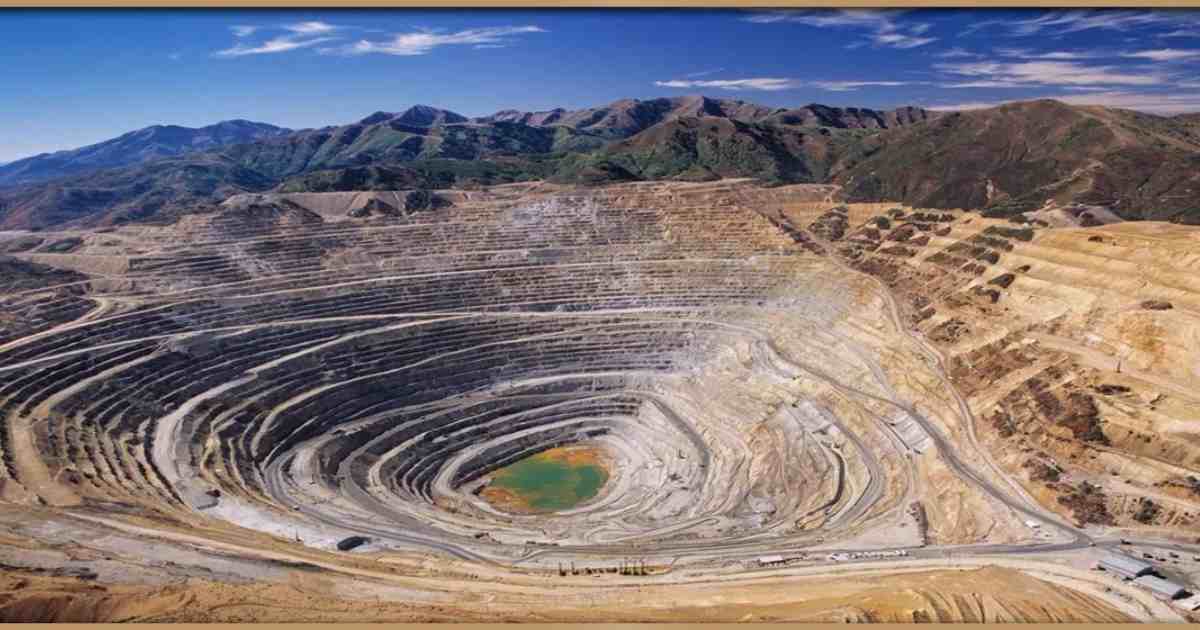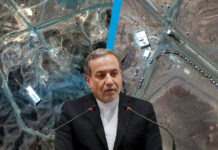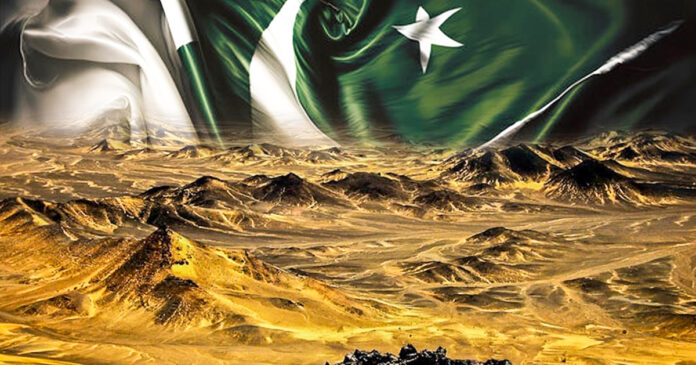Pakistan rests on a geological goldmine, valued at trillions of dollars in minerals—from Reko Diq’s copper and gold in Balochistan to the massive coal deposits of Thar and precious gemstones scattered across its northern areas. Pakistan’s Mineral. And yet, with this huge potential, there has been one nagging question: Is Pakistan gaining control over its mineral wealth or losing it?
The situation is multifaceted. For decades, the development of these resources has been hindered by a combination of factors: long-term underinvestment, old technology, variable policies, bureaucratic barriers, and high security issues, especially in resource-rich but unstable areas. This has generally translated to Pakistan not having the indigenous capacity – both technical and financial – to develop its mineral industry on its own. As a result, foreign investment has become a requirement.
The Reko Diq Dilemma
The recent revival of the Reko Diq project, this time headed by Barrick Gold, is a good example of this. Such partnerships, while injecting vital capital, skills, and access to the international markets, inevitably lead to concerns about sovereignty and equitable benefits sharing. Arrangements made without tight regulation, transparency, and terms guaranteeing substantial long-term returns to Pakistan and its local population can seem more like takeovers and less like partnerships. The government’s effort like the Special Investment Facilitation Council (SIFC) seeks to streamline such foreign investments, but the long-term effects on national control must be carefully examined.

Read More: Barrik Gold Corp Plans Massive Reko Diq Project in Pakistan
In addition, the ongoing problem of illegal mining, frequently working below the radar or in collusion with locals, is a straightforward loss of control and finances. It not only exhausts resources without adding to the national purse but also generates instability and environmental degradation, eroding state control in targeted regions.
Are We Heading Toward Sustainable Gains?
So, is Pakistan losing control? Maybe it’s better to say Pakistan is having a hard time establishing effective control and strategically managing its mineral resources. The problem isn’t so much overt foreign capture, but rather making sure that development, whether through indigenous effort or foreign collaboration, becomes concrete, sustainable gains for the country. This means strong governance, open contracts, investment in local capacity, strict environmental regulations, and making sure local communities are key beneficiaries. In the absence of a unified national plan covering these aspects, Pakistan stands to lose its buried riches to someone else’s advantage, essentially losing control over its own geological fate.
Stay tuned to Brandsynario for the latest news and updates



































